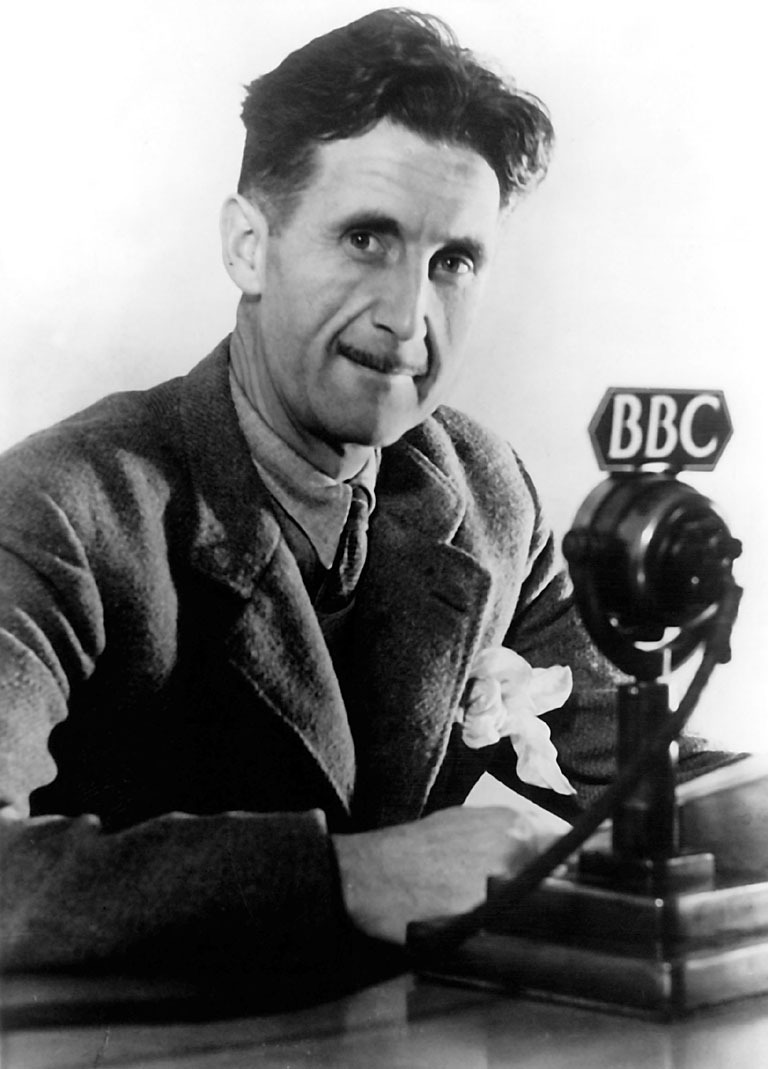We see, for instance, the tussles between the Church and the State over the presiding of marriages, with each one claiming the power to grant certain marriages valid or otherwise. Another, less considered sacrament that should concern the Christian is that of confession. Those familiar with the sacrament that it is “through the ministry of the Church” that a presbyter exercises his apostolic function to bind or loose on earth as it is in heaven (Matthew 18:18).
Of course, this is not the only time that sacramental language has been used to legitimise the powers of the state. Apart from the sacrament of holy matrimony mentioned above, attention was focused on the failed Republican presidential candidate Sarah Palin who, in addressing an audience at the National Rifle Assocation, recommended waterboarding as a “baptism for terrorists“, a remark which drew widespread cheers and limited critique.
This slow trickle of ecclesiastical or sacramental language into state functions should not be surprising. Hegel’s 1807 work, The Phenomenology of Spirit, had already laid the blueprint for the collapse of the Holy Spirit (which is what gives efficacy to the sacraments) into the political community of the State. What would be interesting to see is how the other sacraments (the annointing of the sick, holy orders, confirmation and the Eucharist) get taken up. A seed for further thought on this is Giorgio Agamben’s presentation at the Centre for Theology and Philosophy conference in Rome in 2008 (summarised here by Adam Kotsko), in which the Marxist philosopher very creatively analysed the role of angels as ministers and messengers from God and applied that logic to the logic of state bureaucracy.












